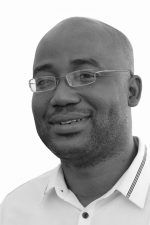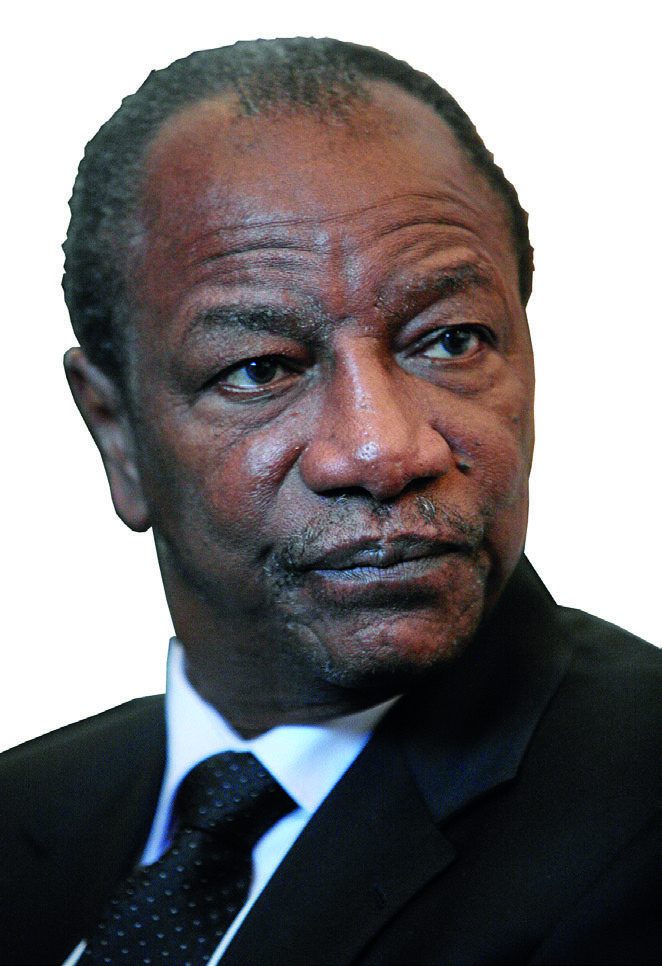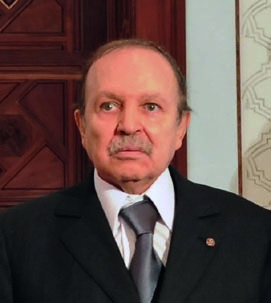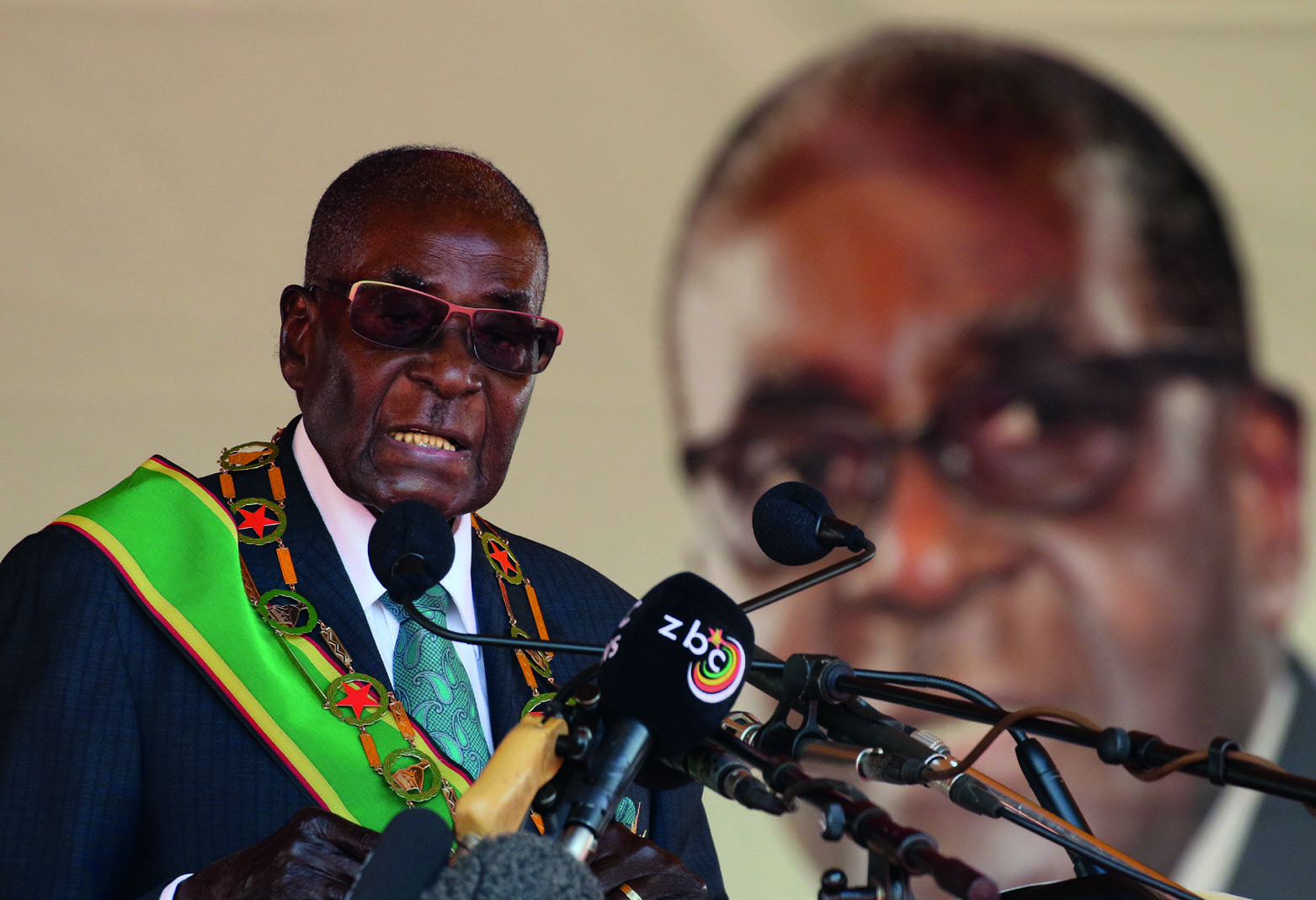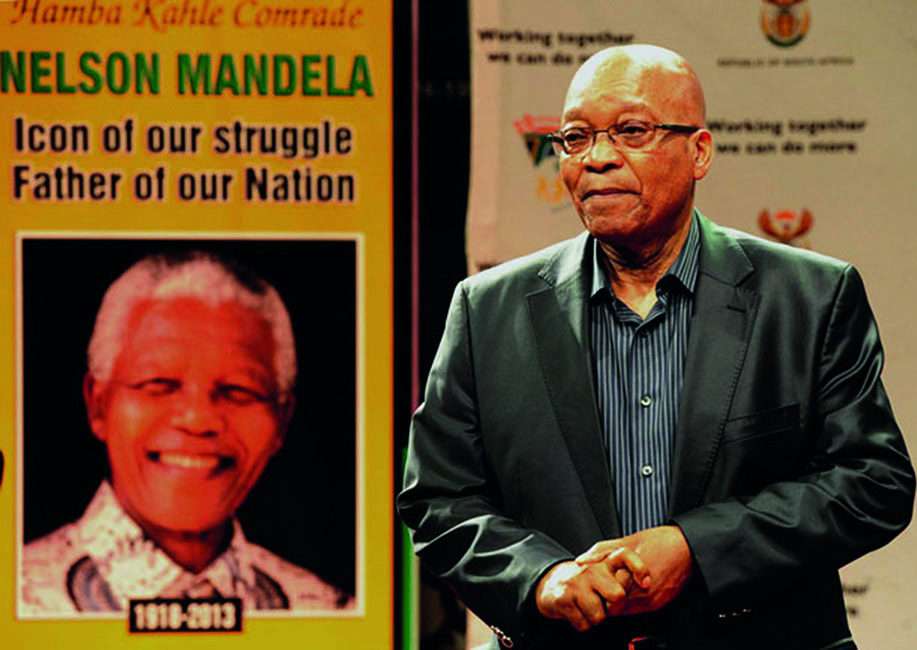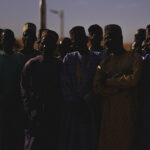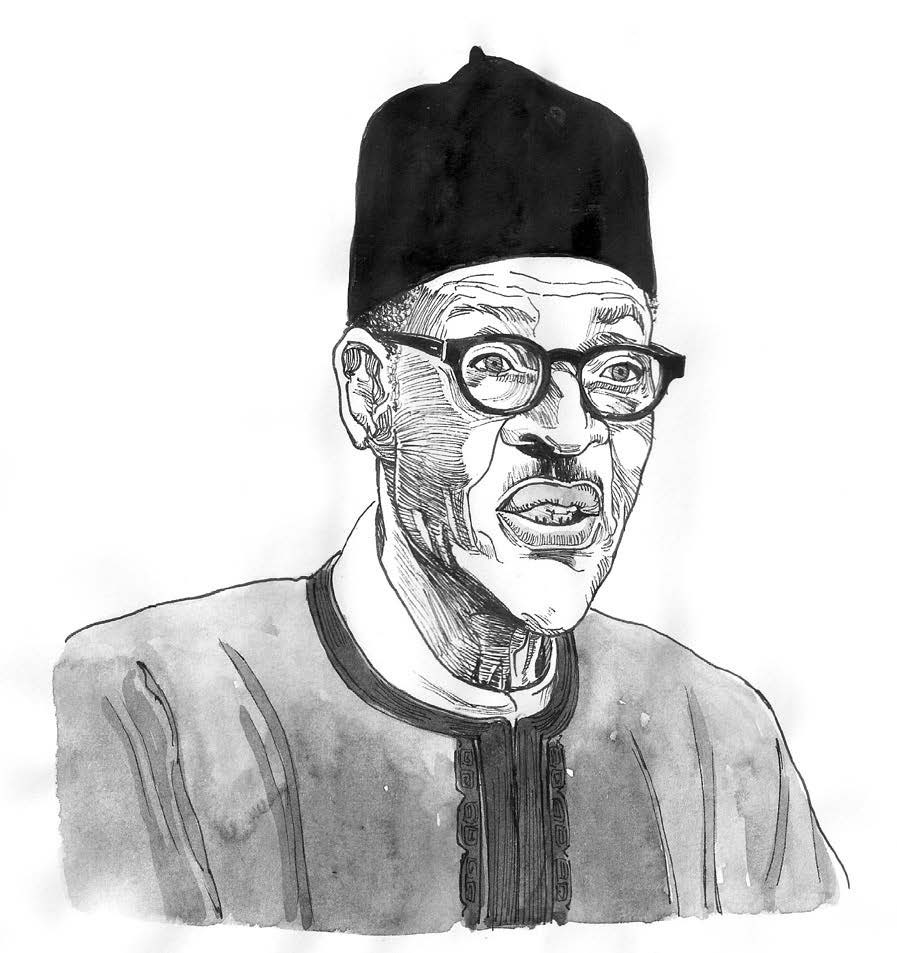
President Muhammadu Buhari
The Nigerian president’s battle with ill-health means he is struggling to fulfil his election campaign promises
Joseph Adeyeye
Nigeria is battling a bloody Islamic insurgency in its northern region, a secessionist movement in the east, a wave of kidnappings in the west and oil-well attacks in the south. But in the last few months it is President Muhammadu Buhari’s ill health that has been a constant concern in the country’s popular press and rumour mills.
The Nigerian government has refused to disclose the exact nature of Buhari’s ailment, though it is widely known that the president has travelled abroad for medical treatment four times in the past two years. His last-but-one trip took place in January, lasted for 50 days and saw him dividing his time between a British hospital and a private home in London.
In April, Nigeria’s lone Nobel laureate Wole Soyinka appealed to Buhari to speak on the nature of his ailment. “Why is the president hiding his state of health? He’s supposed to understand he’s public property,” Soyinka told journalists in Lagos. “Let him address the nation and stop all these speculations, which create unnecessary political manipulations, among other things.”
When Buhari came into power in 2015, there was no indication that his health would later dominate the public discourse. His work appeared cut out for him after his decisive electoral victory over incumbent Goodluck Jonathan. Besides insecurity, Nigeria’s economy was on the edge of collapse and its global reputation was sullied by pervasive corruption.
Critics say that Jonathan, a former university lecturer, ran a bloated government that thrived on corruption.
In 2013, Sanusi Lamido, the Nigerian Central Bank chief appointed by Jonathan, told US public broadcaster PBS that some $1 billion in oil proceeds was being stolen monthly. Buhari would come under considerable pressure to put Jonathan and his ministers on trial, wrote John Paden, an American academic and author of Muhammadu Buhari: Challenges of Leadership in Nigeria (2016), after his election.
“Buhari had letters in his possession showing Jonathan’s requests for off-budget funds. But Buhari’s larger purpose was not to put former high-level officials in jail. Rather, it was to retrieve stolen funds and to change the political culture of the country,” Paden wrote.
Buhari has a fanatical following among Nigeria’s teeming working class. He is seen as a rare, incorruptible leader within the country’s notoriously corrupt power establishment. Shortly after he won election, he fulfilled a major campaign promise to make his assets public, declaring the equivalent of $150,000 as his cash savings.
Like most Nigerians, Aliko Dangote, the country’s foremost businessman was shocked. “I thought he would be declaring much more money, but that’s what you have – they are very honest people,” Dangote told African Business magazine in 2015.
Buhari’s austere persona was forged during his formative years as an orphan and his stint in the army. Born on December 17, 1942 into a poor family of 26 in Daura, a town on the fringes of Nigeria’s border with Chad, he lost his father at four and grew up with relatives.
In 1961, he joined the Nigerian army straight out of secondary school. By 1983, he was the commander of a Nigerian Army unit tasked with beating back a battalion of Chadian soldiers that had invaded Nigeria and seized 19 villages near Lake Chad. With his troops, Buhari kicked the Chadians out and, defying orders from the military headquarters, invaded Chad and seized 32 villages.
In 1983, on New Year’s Eve, a group of senior army officers took power in Nigeria and announced Buhari as head of state. His regime suspended the constitution and used military tribunals to try corruption cases. He also launched an aggressive national campaign to promote public discipline and compulsory sanitation. Some of these draconian moves, including a clampdown on the press, proved to be unpopular.
Not unsurprisingly, thousands of Nigerians danced on the streets of Lagos in 1985 when a group of army officers staged another coup. Buhari was detained for 40 months – twice the number of months he had spent in power. After his release he retired from public life, making only a brief appearance as the chairman of an oil and gas committee set up by the late Nigerian “big man” ruler, Sani Abacha.
In the early 2000s Buhari started taking the first few steps in what would be a long tortuous journey to the Nigerian presidency. In 2003, he contested and lost against incumbent Olusegun Obasanjo, who was fielded by the Peoples Democratic Party. He contested again in 2007, and was trounced by the same party..
After his third successive loss in 2011, Buhari called it quits. During an event in Nigeria’s capital, Abuja, he rued his third successive electoral loss and broke down in tears. “This campaign is the third and last one for me. I will not present myself again for election into the office of the president. I need nothing and I have nothing more to prove,” he said, wiping tears while some of his associates in the hall wept with him.
But two developments forced Buhari to change his mind. As the 2015 election cycle approached, it became clear that Jonathan had squandered the enormous public goodwill that welcomed him into power in 2011. Buhari’s associates thought that much electoral capital could be harnessed from this public angst. They developed a plan to synergise Buhari’s popularity in the north with the organisational abilities of his political associates in the south.
They had ample help from some high-profile PDP defectors who joined Buhari’s opposition coalition party, the All Peoples Congress. Some of the defectors included erstwhile friends and loyalists who fell out with Jonathan after accusing his wife, Patience, of meddling in governance and party affairs.
Buhari’s campaign symbol was a broom, with which he promised to sweep Nigeria clean of the rot of the Jonathan era. He also promised to end the reign of terror of Boko Haram, the Islamic terrorist group responsible for many atrocities, including the 2014 kidnapping of 276 secondary school girls in Chibok, Borno State. He described himself as a “converted democrat” who should be given a chance to prove his new belief in the rule of law.
During his campaign, Buhari had to distance himself from allegations that he was a closet religious fundamentalist. “All my life I have expressed the belief that all Nigerians must worship God according to their wish. Because they can’t attack our record, they accuse me falsely of ethnic jingoism; they accuse me falsely of religious fundamentalism,” he said.
He added that he had never imposed Sha’riah as a head of state in former years, suggesting that he would not do so in his role as president. In the end, Buhari scored over 15 million votes against Jonathan’s 12 million-odd, and was sworn in as president.

A truck promotes the #BringBackOurGirls hashtag used by protesters of the 2014 Chibok kidnapping © Medina Dauda, Wikimedia Commons
Before the onset of his ill-health, Buhari pushed hard to fulfil the biggest of his campaign promises, launching anti-graft and whistle-blowing campaigns. In one instance, he ordered that all government revenue should be channelled into a single bank account after government investigators found that ministries and agencies were operating around 17,000 illegal bank accounts. He also restructured the military and equipped it with new arms, which helped Nigerian forces to regain huge swathes of territory captured by Boko Haram insurgents.
Despite these gains, Buhari has struggled to revive the economy. Nigeria is currently in the throes of its first economic recession in 29 years. Prices of basic foodstuff have more than doubled, government income has declined, hundreds of businesses have shut down and the national currency has depreciated significantly.
Critics argue that Buhari’s understanding of economics is poor. An October 2016 poll conducted by the Governance Advancement Initiative for Nigeria (GAIN) showed that “60% of Nigerians held the Buhari government partially or completely responsible for the recession”.
Nigerian development economist, Basil Enwegbara, believes that Buhari was ill-prepared for the economic challenges of office. “A few months into his presidency it became obvious that the president ran for the highest office in the country without having an already-made economic blueprint. It was shocking, because he contested three times only to win the fourth time,” he told Africa in Fact.
Enwegbara feels that Buhari’s ill-health and his insular leadership style could determine whether he fulfils his campaign promises or not. “He is suspicious of everyone around him, except those who have earned his trust by working with him, or close relatives. The problem with this is that personal loyalty takes prominence over competence.”
He added that Buhari’s ill-health was likely to be a problem for Nigeria. “In countries like ours, everything is driven by strong personalities, rather than strong institutions. That is why (presently) everything seems slow and in some cases (at a) standstill.”
On May 6 last year, Boko Haram exchanged 82 abducted girls for some of its senior leaders, who had been held in prison. The terror group had abducted 276 girls from a school in Chibok, Borno State, in 2014. In previous times, any news about the girls would have dominated the airwaves for days. But within a few hours, the news was eclipsed by a presidency announcement that Buhari would be travelling abroad, yet again, to seek medical treatment.
Joseph Adeyeye is the editor of The Punch, Nigeria’s biggest daily newspaper. He has written extensively on development, environment, politics and security for local and foreign publications. In 2011, Adeyeye won the Editor of the Year and Newspaper Columnist of the Year prizes at the Nigerian Media Merit Awards.


